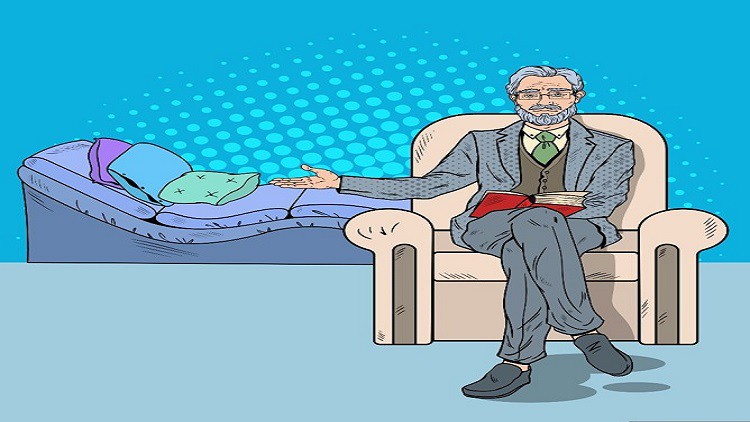
it is important to be a good trained counsellor or a psychotherapist to make a great difference in anyone’s life
What you will learn
Introduction to Counselling & Psychotheraphy
Explain Why Psychotherapy
Explain Who Can Seek Psychotherapy/Counselling
Explain Strategies of Psychotherapy
Description
‘Psychotherapy’ is an interpersonal, relational intervention by trained counsellors, therapists, psychotherapists to help in life problems including personal as well as professional fronts and all walks of life. It can be conducted with an individual, a couple, a family, or a group of unrelated members who share common problems. Some psychotherapies focus on understanding impact of past experiences and upbringing on present behavior, conscious mind as well as unconscious mind, others focus on changing current behavior patterns while others focus on overcoming shortcomings and solving problems.
The primary purpose of any psychotherapy session is to increase a sense of well-being and reduce discomfort, ensure open communication for the patient, improve behavior, and improve the mental health of the patient. •It can help an individual to set more realistic goals, to improve their relationships, to find better and unique ways to solve their problems, and identify the unconscious thoughts and mindsets that adversely affect their life. All human predicaments are a result of complex interplay between factual situational factors and subjective subconscious-level cognitions, perceptions, beliefs, distorted thinking that are based on the individual’s past experiences and upbringing.
As per the Psychodynamic approach, human behavior is an outcome of the role played by various psychological forces and early childhood experiences. The theory lays a lot of stress on the dynamics of relationship between the unconscious or conscious mind and also asserts that behavior is an outcome of internal conflicts regarding which people have least awareness. The theory was propounded by a medical student Sigmund Freud in the year 1874. He expanded the concept of Psychoanalysis in which he suggested that psychological processes occur as a result of the flow of psychosexual energy called Libido in complex brain.
Later, during the mid 1940s and 1950s, the theory of psychoanalysis was well established with contributions from eminent psychologists and researchers like Carl Jung, A. Adler and others. Psychotherapy requires a serious level of commit in terms of time, effort, dedication, honesty, and a determination both on the part of the therapist and the patient to improve the situation and solve problems. Swiss Psychotherapist expanded the theory of Psychodynamics which was postulated by Freud in 20th century. He attempted to integrate the opposites, while still maintaining their individual entities.
Content
Course Content